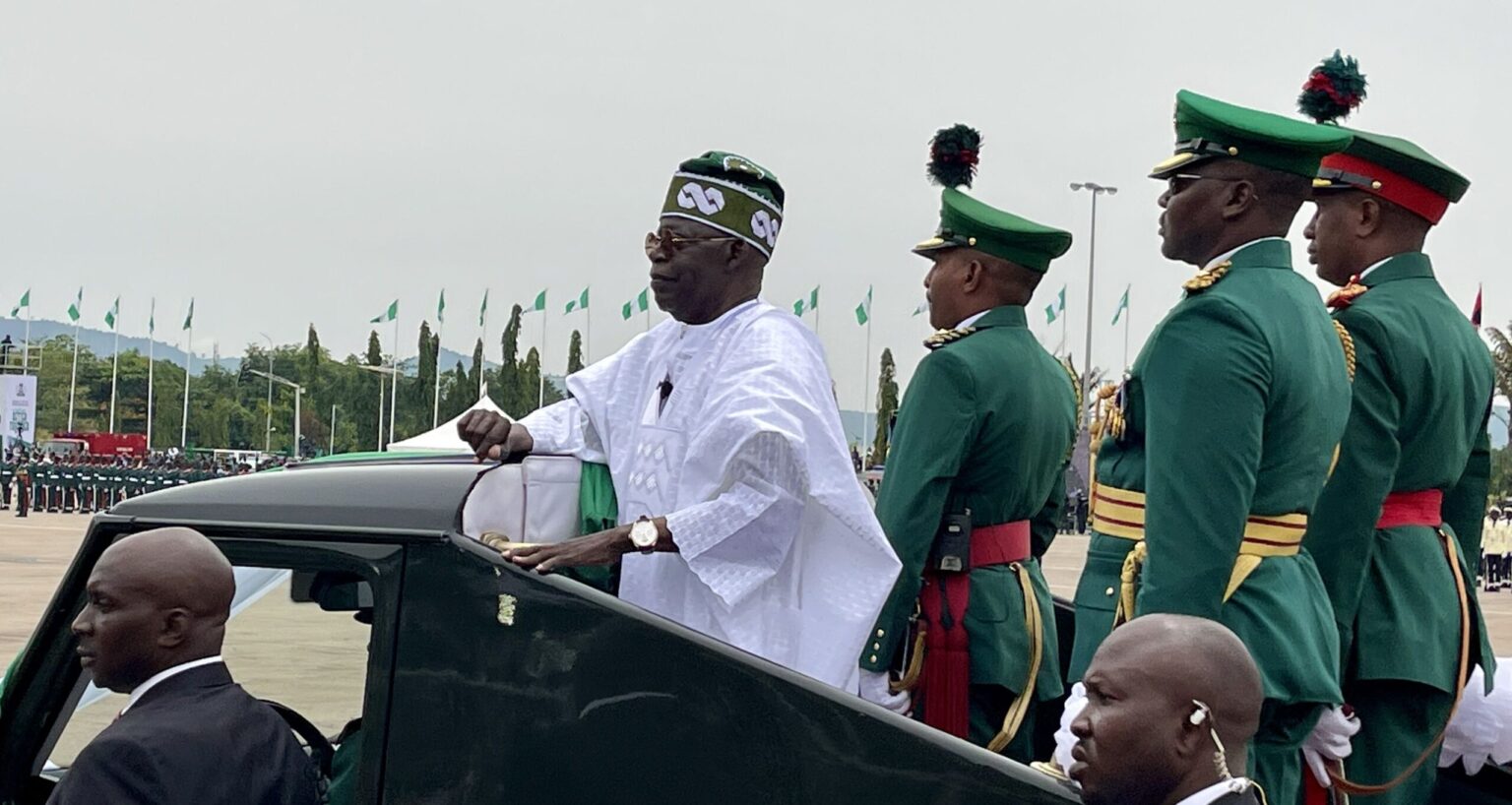At his inauguration, Nigeria’s new president, Bola Ahmed Tinubu, announced that his administration would do away with the fuel subsidy. The announcement resulted in a spark in prices and long queues in Nigeria as people rushed to buy fuel before the price increase when the policy took effect on July 1.
When the policy to remove Nigeria’s fuel subsidy takes effect, fuel prices in Nigeria are expected to jump from the official pump price of $0.4 to between $0.76 and $1.18. According to the United Nations, Nigeria’s rise in fuel prices will have widespread economic ramifications for over 133 million citizens plagued by multidimensional poverty.
[elementor-template id="94265"]
